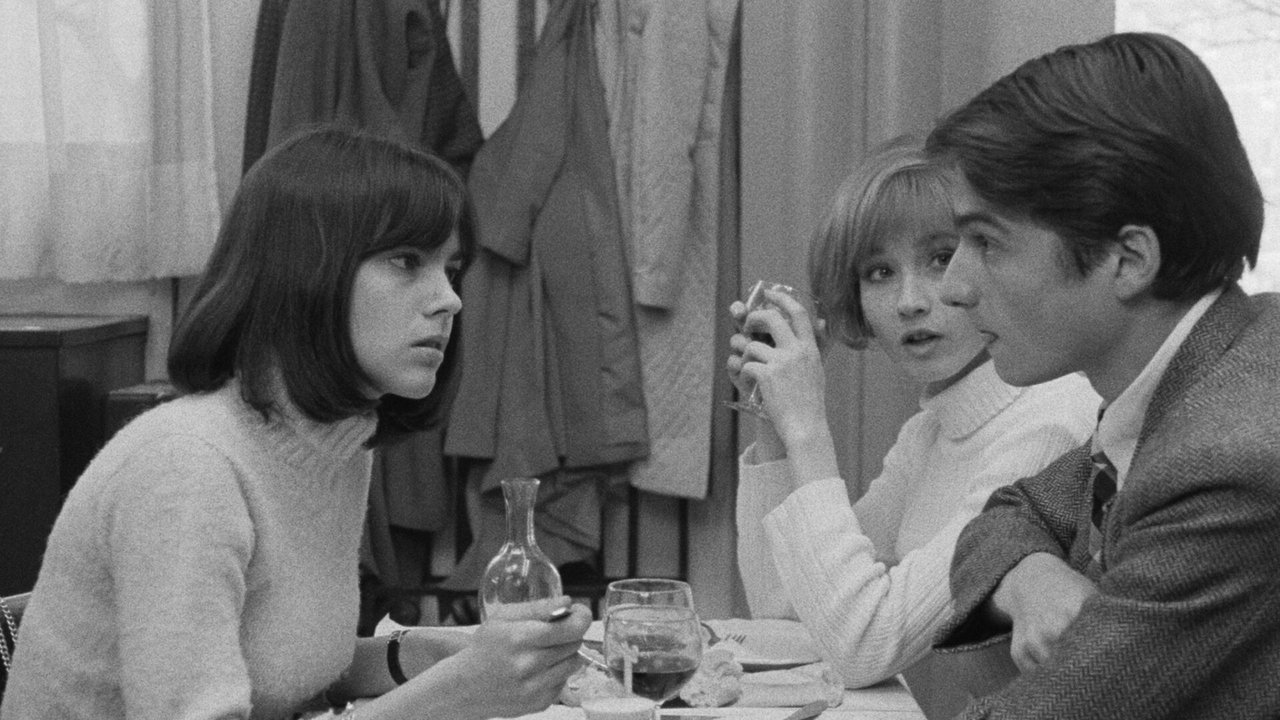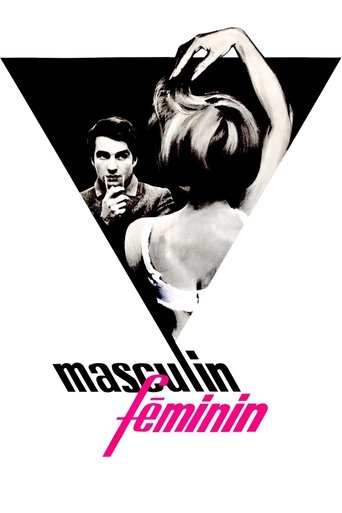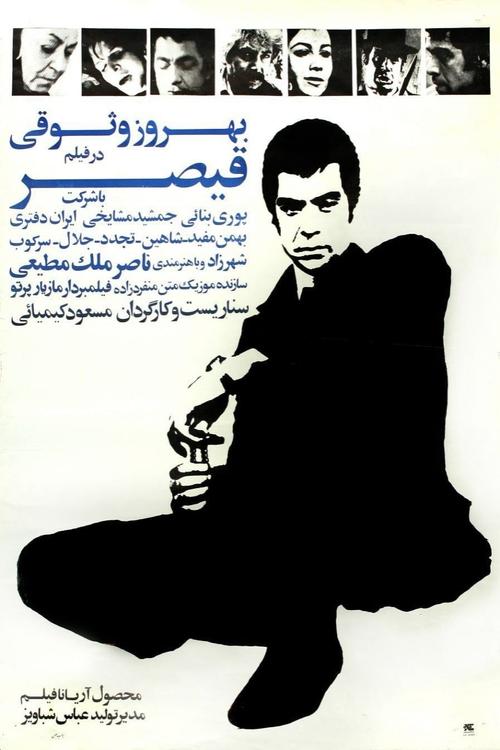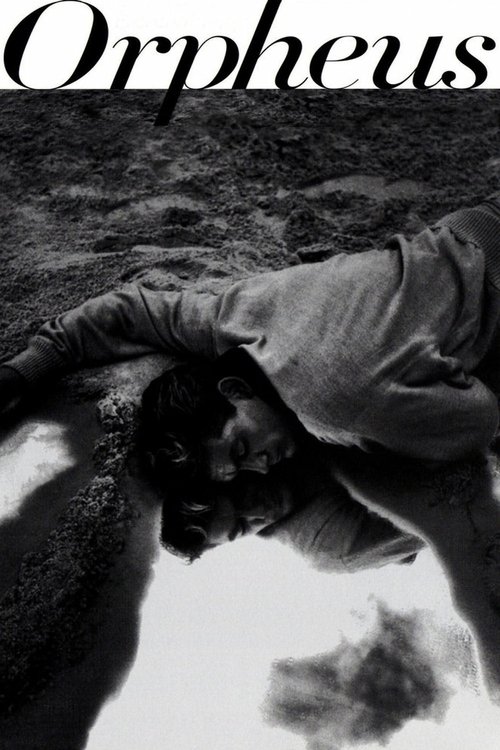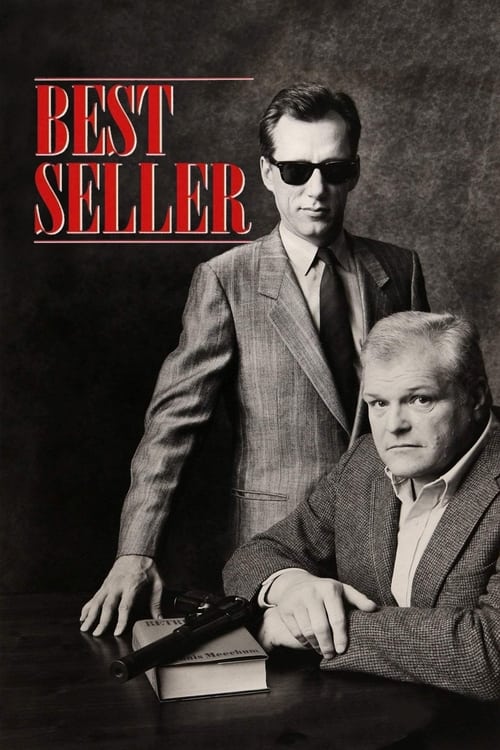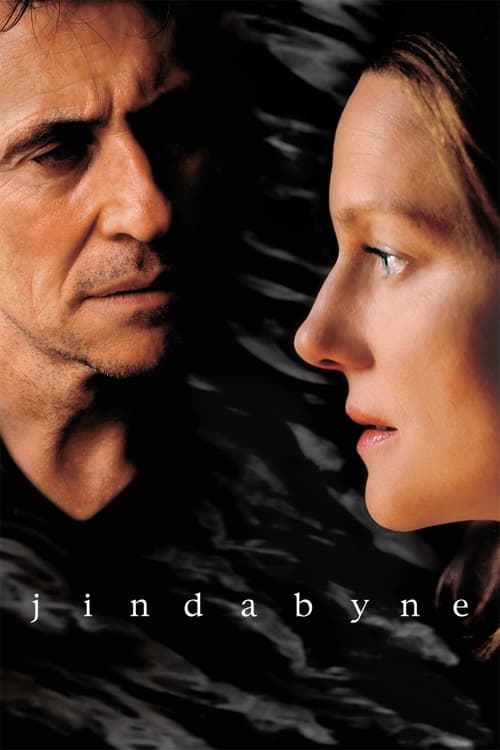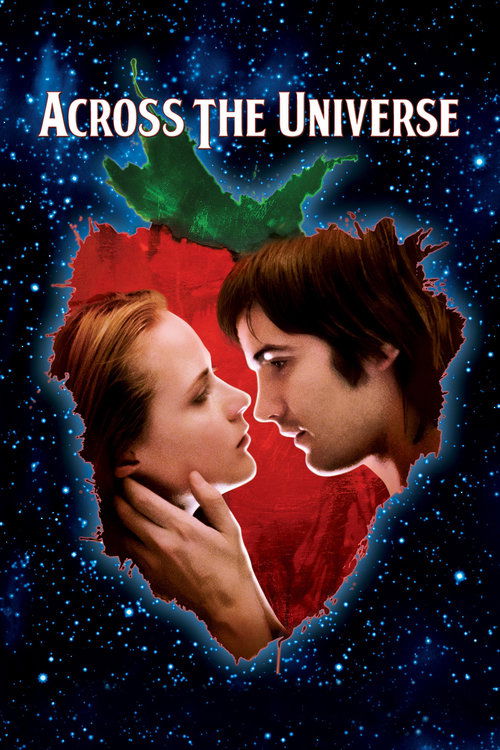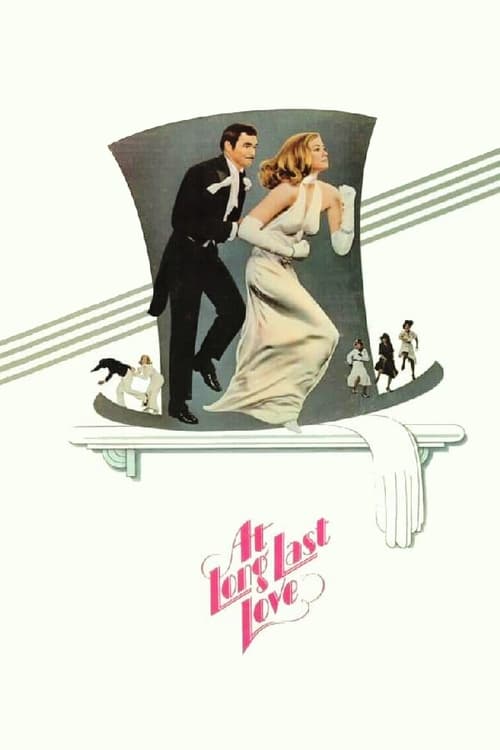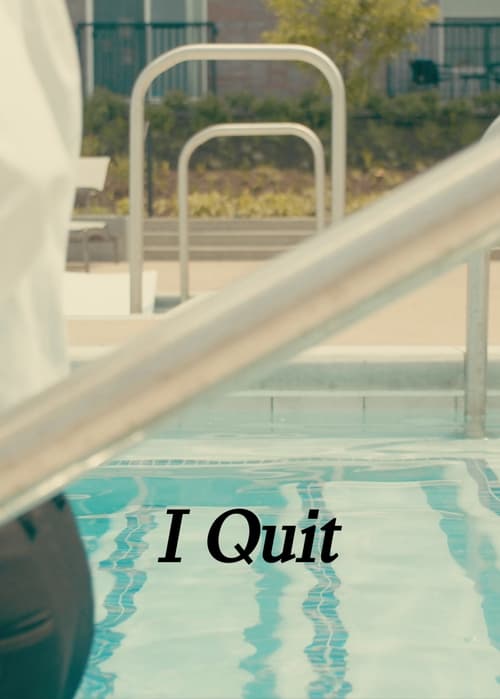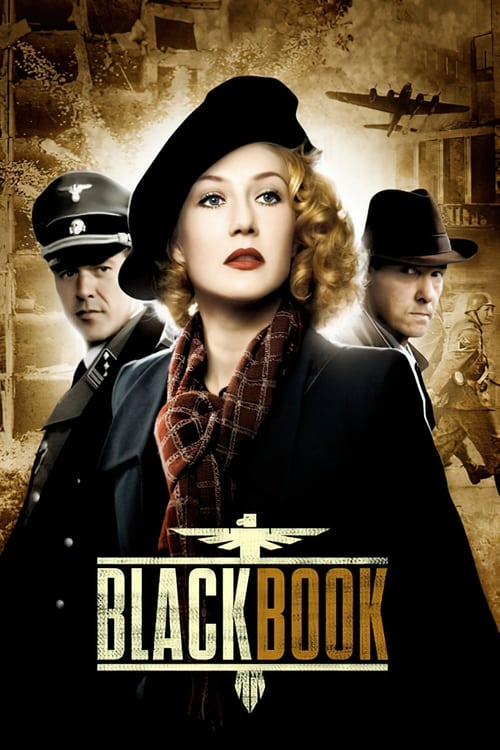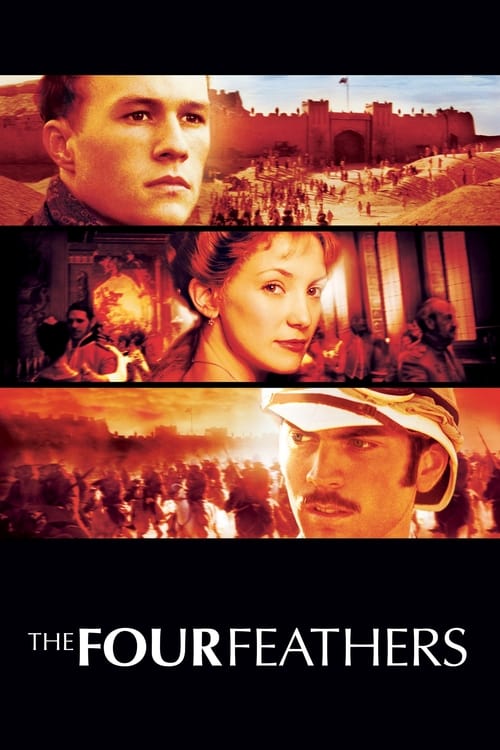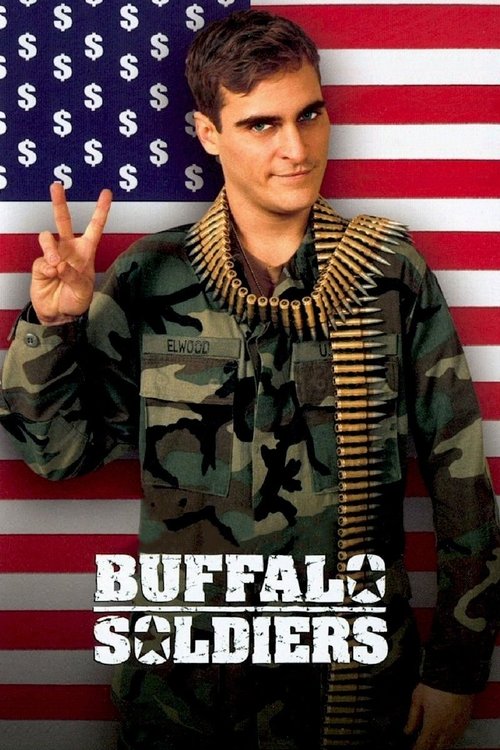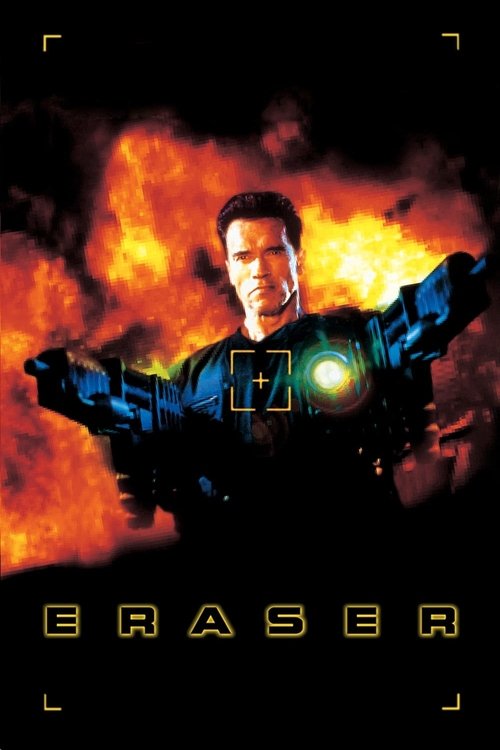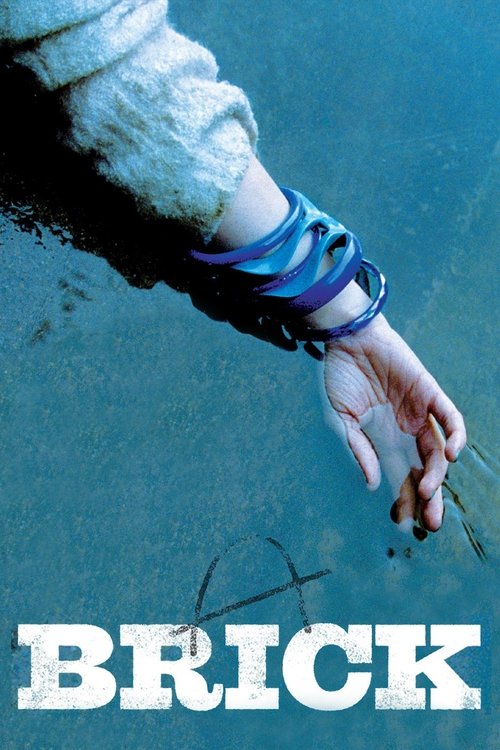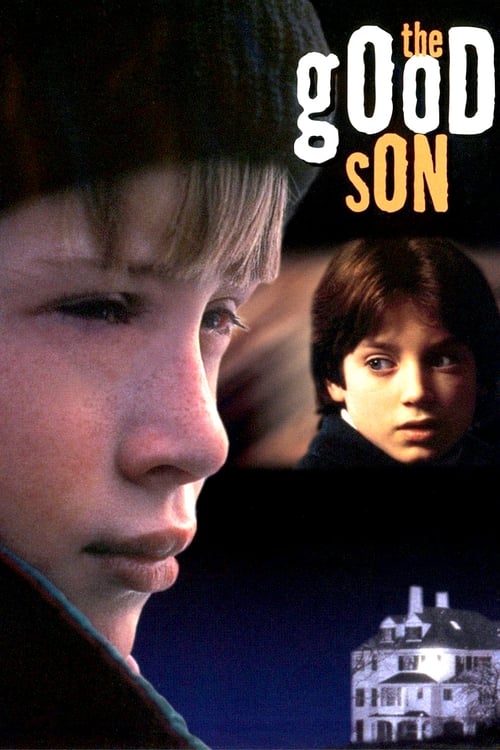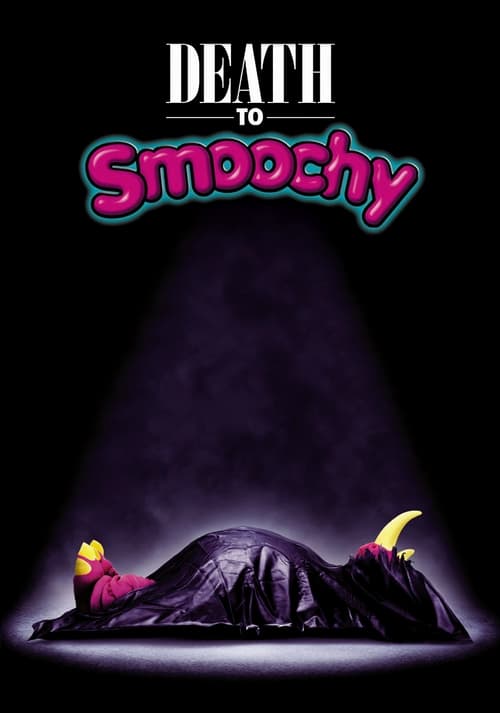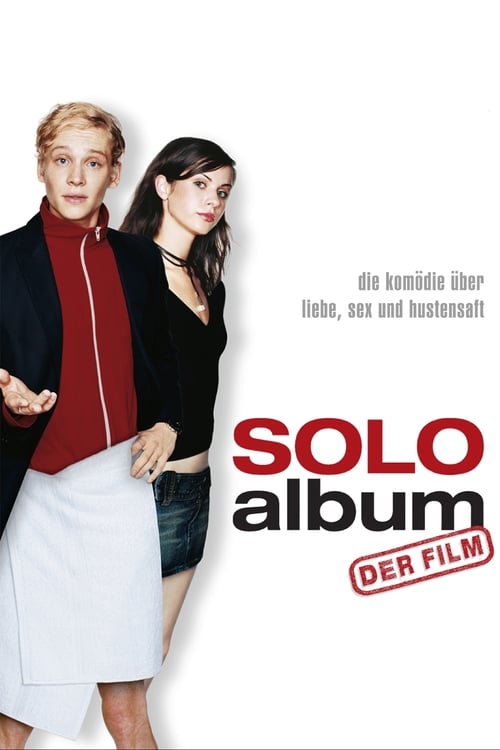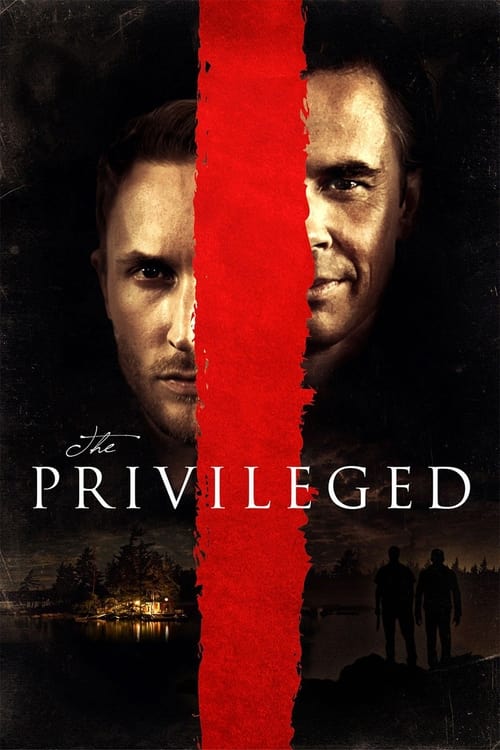Jean-Luc Godard's Swinging Look at Youth and Love in Paris Today!
Director: Jean-Luc Godard
Writer: Jean-Luc Godard
Producer: Jean-Luc Godard, Anatole Dauman
Paul, a young idealist trying to figure out what he wants to do with his life, takes a job interviewing people for a marketing research firm. He moves in with aspiring pop singer Madeleine. Paul, however, is disillusioned by the growing commercialism in society, while Madeleine just wants to be successful. The story is told in a series of 15 unrelated vignettes.
105 min
Rating: 7.2/10
Released
Watch Trailer
Top Cast
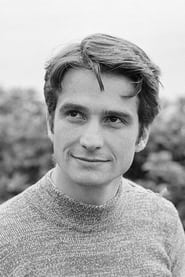
Jean-Pierre Léaud
Paul

Chantal Goya
Madeleine Zimmer

Marlène Jobert
Élisabeth Choquet
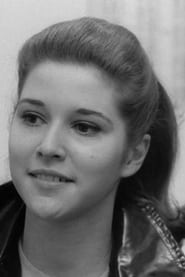
Catherine-Isabelle Duport
Catherine-Isabelle
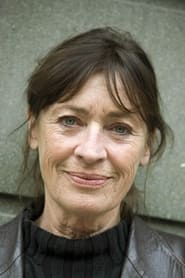
Evabritt Strandberg
She (Woman in the Film)
Movie Info
Director: Jean-Luc Godard
Writer: Jean-Luc Godard
Producer: Jean-Luc Godard, Anatole Dauman
Production Companies: SF Studios, Sandrews, Anouchka Films, Argos films
Countries: France, Sweden
Now Streaming On

Max

Max Amazon Channel

Criterion Channel

TCM Amazon Channel
Similar Movies
User Reviews
What Others Said
CRCulver:
In MASCULIN FEMININ, shot in the autumn of 1965, Jean-Luc Godard studies the perennial features of courtship and dating between young men and young women, and the particular way they worked out in the newly permissive and economically booming society of 1960s France. Paul (Jean-Pierre Léaud) is 21 and has just finished his national service. In a café, he strikes up a conversation with Madeleine (Chantal Goya), a friend of a friend, with the pretext that she might help him find work. They start dating, and the film then tracks their rocky relationship, where Paul is frustrated as the sole man among Madeleine and her flatmates/girlfriends Elisabeth (Marlène Jobert) and Catherine-Isabelle (Catherine-Isabelle Duport). He occasionally meets up with his chum Robert (Michel Debord), just as young but already a passionate union activist.
But really, this is a lot more than a study in boy meets girl. Godard gives us a whole bucket of 1960s social, political, and cultural themes. Paul and Robert are both passionate members of the French Left, while the girls are more interested in the other side of the ideological divide, namely consumer society (pop music, clothes, cars). Their conversations reveal Godard's own unease at how the world was developing in the 1960s, his fears of political repression, dizzying technological progress, and a working class who had no time to enjoy all the stuff it could now buy. At several points in the film, the main characters overhear conversations in public places that are completely over-the-top in terms of sex and violence, but which reveal some of the tensions in society.
In fact, in one of the film's most striking scenes, Godard without warning has Leáud interview a real young woman (Elsa Leroy) who had recently won a fashion magazine's "girl of the year" award, asking her about politics, war, and what she wants from life. In this six-minute scene where only she is visible on camera, clearly put on the spot, she seems totally oblivious to the war in Vietnam and other great issues of the day. Your reviewer is quite a passionate armchair historian about 1960s youth culture in Europe, and like many other books and films, MASCULIN FEMININ shows that many of the issues of the day are still very relevant for us in the new millennium.
For this film, Godard's usual cameraman Raoul Coutard was unavailable, so he brought in Willy Kurant. While the two reportedly quarreled during the production, Kurant pulls off some remarkable long takes, again elevating a boy-meets-girl or boy-and-girl-have-rocky-relationship story into a delight for the eye. The use of sound (live sound from the cafés in which they shot, the occasional peal of gunfire) is also distinctive.
MASCULIN FEMININ is perhaps less raved about than other Godard films from this time. It can arguably be called a minor effort in its recycling many elements from earlier productions while still searching for a way forward. That recycling isn't a bad thing, however, as the use of formal elements (division into tableau, a brutally abrupt ending) from Vivre sa vie, for instance (not to mention other earlier efforts), works just as well in the context of this story. I was initially baffled by the ending and how the film led up to it, but the more I look back at it, the more I'm impressed.
